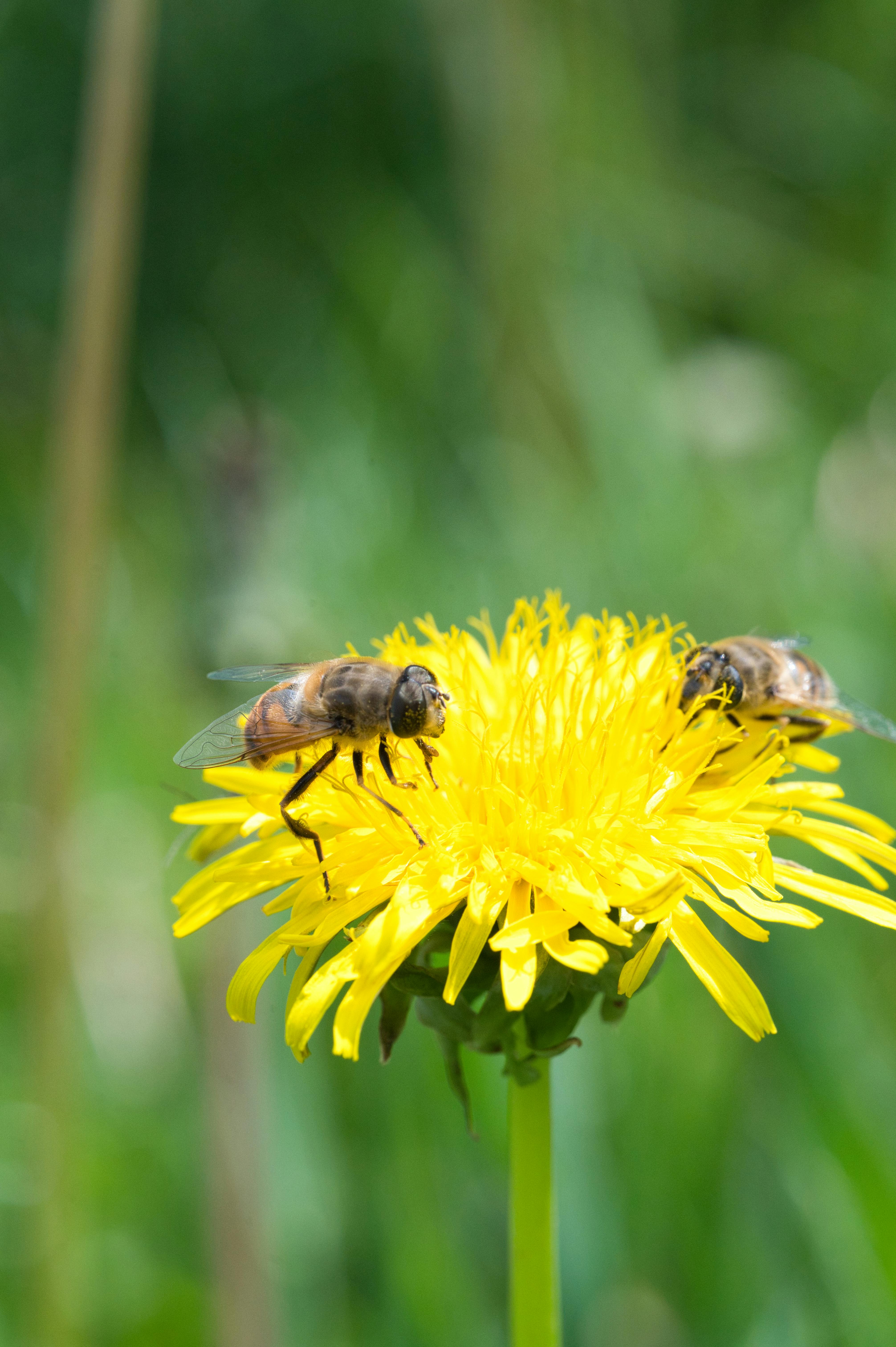The Emergence and Influence of Urban Beekeeping: A Buzzing Trend
Urban beekeeping has become an increasingly popular trend in recent years. As the world becomes more aware of the importance of bees in our ecosystem, city dwellers across the globe are donning their suits and starting their hives. This article aims to delve into the history, current status, and future implications of this buzzing trend.

A Brief History of Beekeeping
Beekeeping is no new venture. The practice, also known as apiculture, dates back to ancient times, with evidence of honeybee cultivation in Egypt around 2400 B.C. As civilization expanded and agriculture developed, so too did the practice of beekeeping. But the concept of urban beekeeping – that is, maintaining bee colonies in urban areas – is a relatively recent phenomenon.
The Buzz in the City: Present Scenario
In the past decade, urban beekeeping has seen a significant surge. With rising awareness about the declining bee population and its potential impact on our ecosystem, city dwellers worldwide have taken up the mantle of bee conservation. Urban areas, contrary to popular belief, provide a diverse range of flora for bees, making them ideal for hive establishment.
The Economic Sting: Market Impact and Pricing
Urban beekeeping isn’t just about conservation; it has economic implications too. The demand for locally produced, organic honey is on the rise, providing a profitable avenue for urban beekeepers. The price of urban honey can range anywhere from $10 to $20 per pound, depending on the region and quality. Moreover, urban beekeeping is also promoting local economies by stimulating demand for beekeeping supplies and training.
The Future of Urban Beekeeping
The future of urban beekeeping looks promising. As more cities across the globe amend their laws to allow beekeeping, the trend is set to continue growing. This practice has the potential to benefit not just the bees, but also urban biodiversity and local economies. However, successful urban beekeeping requires proper education and training to ensure the health and safety of both the bees and the community.
In summary, urban beekeeping is more than a fleeting trend; it’s a testament to human adaptability and our efforts to coexist harmoniously with nature. As we continue to navigate our relationship with the environment, practices like urban beekeeping serve as reminders of our dependence on the natural world. This buzzing trend is a sweet deal, indeed.




